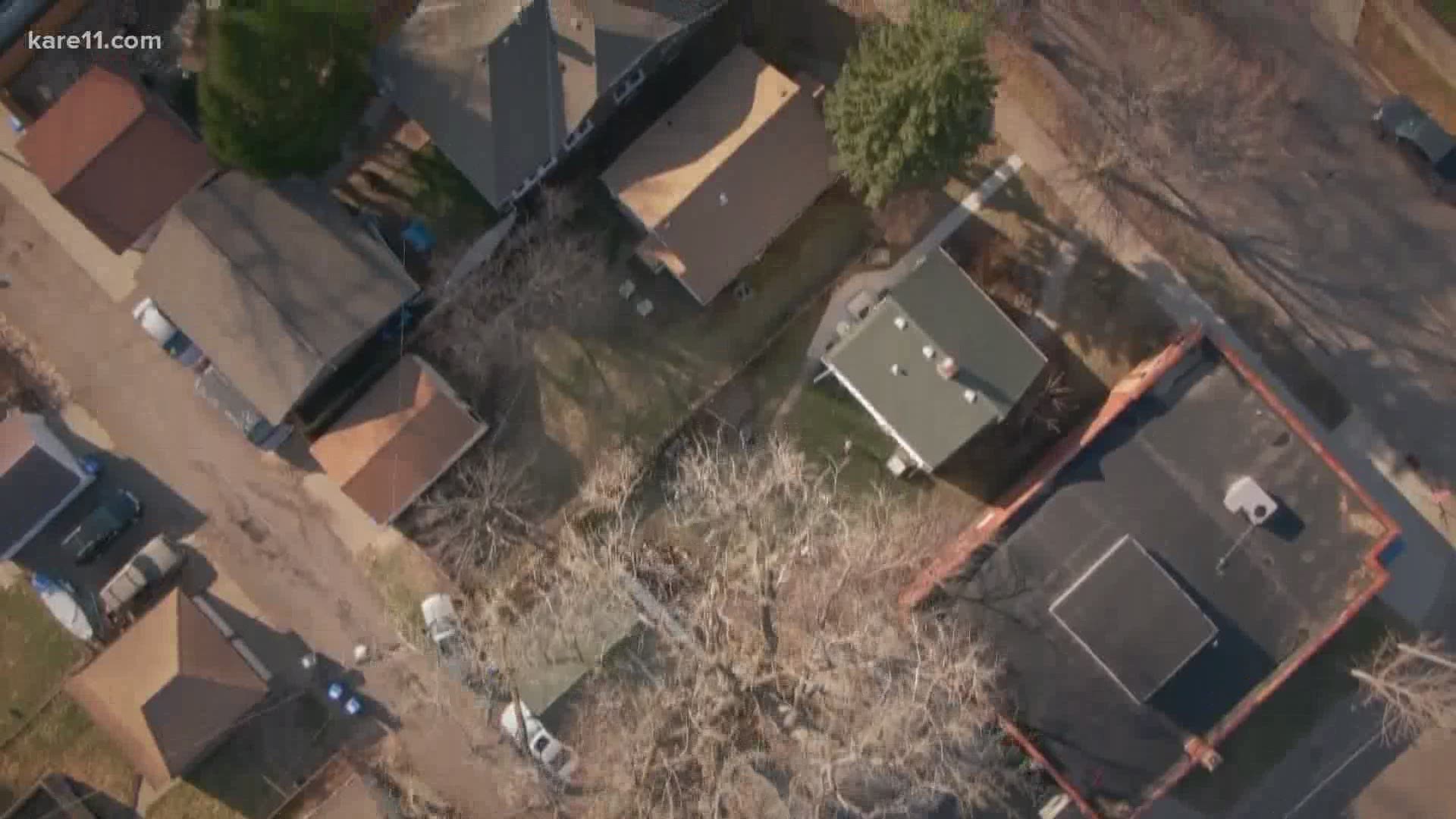MINNEAPOLIS — The above video originally aired on June 9, 2020.
Through a new city initiative, Minneapolis homeowners have a way to learn about and discharge racial covenants from their properties -- discriminatory legal documents that experts say caused long-lasting damage.
Racial covenants were contracts embedded in property deeds to prevent people of color from buying or occupying certain properties. Use of the covenants in the Twin Cities began in the 1910s.
"So just imagine Lake Nokomis on the one end and Lake Harriet on the other, populated by Black families," UMN professor Keith Mayes told KARE 11 in 2020. "As we get from 1910 to 1920, 1930 to 1940, that whole area of south Minneapolis gets emptied out or Black families are pushed north into the Powderhorn, Lyndale area. So they begin to cluster around there."
Minnesota banned the use of racial restrictions in warranty deeds in 1953, and they were nationally outlawed in 1968 -- but the damage didn't go away.
The City Attorney's Office said in 2010, Minneapolis’ population included 69% white residents and 19% Black residents. But in the neighborhoods where racial covenants had been common, the population was still 73-90% white. The areas where BIPOC people had been forced to move to still had populations of 43% to 62% Black residents.
Today, the Twin Cities are often ranked as one of the worst places for Black Americans. In 2020, financial news company 24/7 Wall Street once again ranked the metropolitan area fourth on its list of cities with the worst racial divides. In terms of homeownership, a 2019 Zillow release said Minneapolis had the largest racial gap in the country.
Mapping Prejudice, a project from the Borchert Map Library at the University of Minnesota, has compiled a map of over 8,000 properties in Minneapolis with racial covenants.
The "Just Deeds" project:
On Wednesday, the city announced a new initiative to help homeowners learn about and discharge racial covenants from their properties.
Free of charge, the City Attorney's Office said it will help homeowners discharge racial covenants on their property title. The city said staff will get selected applicants a copy of their property's covenant, draft a discharge form for the applicant, and file it to the applicant's property title. Hennepin County said it has waived the usual fees for this process.
Participation in the Just Deeds program will be first-come, first-served and subject to staffing availability. Applications will be accepted on a rolling basis.

